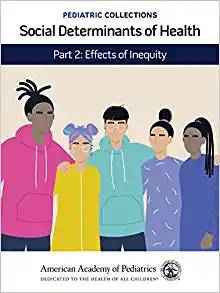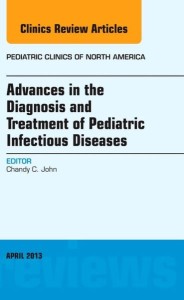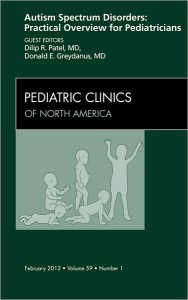-13%
Impact of Social Determinants on Vulnerable Children: A Snapshot
In a world grappling with complex health disparities, the American Academy of Pediatrics (AAP) has launched its Pediatric Collections initiative to illuminate the profound impact of social determinants on the well-being of vulnerable children. This series delves into the myriad ways societal factors such as racism, discrimination, poverty, and healthcare access can orchestrate a symphony of adverse effects, jeopardizing their physical, mental, and emotional development.
Racism and Discrimination: A Poisonous Brew
As a pernicious societal scourge, racism weaves a web of inequality and injustice that casts its shadow over the lives of children of color. Studies have painted a grim picture of its insidious effects, linking it to an elevated risk of chronic health conditions such as diabetes and heart disease. Moreover, exposure to racism can trigger a cascade of mental health issues, including anxiety, depression, and post-traumatic stress disorder (PTSD).
Poverty: A Breeding Ground for Health Disparities
Poverty, like a suffocating blanket, engulfs children in a cycle of deprivation. Limited access to nutritious food, safe housing, and quality education erodes their physical and cognitive development. Poverty also increases the likelihood of exposure to environmental toxins, which can further compromise their health. Children living in poverty are more susceptible to respiratory illnesses, lead poisoning, and developmental delays.
Limited Access to Care: A Barrier to Health
Inadequate healthcare access exacerbates the health disparities faced by vulnerable children. Without timely and appropriate medical attention, minor ailments can escalate into serious health problems. Children from underserved communities often lack access to preventive care, routine checkups, and essential medications. This lack of care can lead to preventable hospitalizations, missed opportunities for early intervention, and chronic health conditions that could have been avoided.
The Devastating Consequences of Social Determinants
The adverse effects of social determinants can manifest in a myriad of ways, leaving deep scars on the lives of vulnerable children. Poor mental health can impair cognitive development, social functioning, and academic performance. Diabetes and heart disease can compromise their physical well-being, increasing their risk of disability and premature death. Substance abuse, a desperate attempt to escape adversity, can lead to addiction and its attendant health consequences.
During childbirth, the impact of social determinants can be particularly severe. Inadequate prenatal care and support can lead to complications that jeopardize both the mother and the child. Premature birth, low birth weight, and developmental challenges are more common among children born to mothers facing social inequities.
Tragically, the consequences of social determinants can extend to the extreme, increasing the risk of suicide and unexpected death. Children who experience prolonged adversity have a higher likelihood of developing mental health conditions that can lead to suicidal thoughts and behaviors. The stress and deprivation associated with poverty can also weaken the immune system, making children more susceptible to life-threatening illnesses.
Conclusion: A Call to Action
The Pediatric Collections initiative serves as a clarion call to action. It underscores the urgent need to address the social determinants of health that perpetuate health disparities among vulnerable children. By investing in early childhood development, tackling systemic racism and discrimination, and expanding access to healthcare and supportive services, we can pave the way for a future where all children have the opportunity to thrive.










Reviews
Clear filtersThere are no reviews yet.